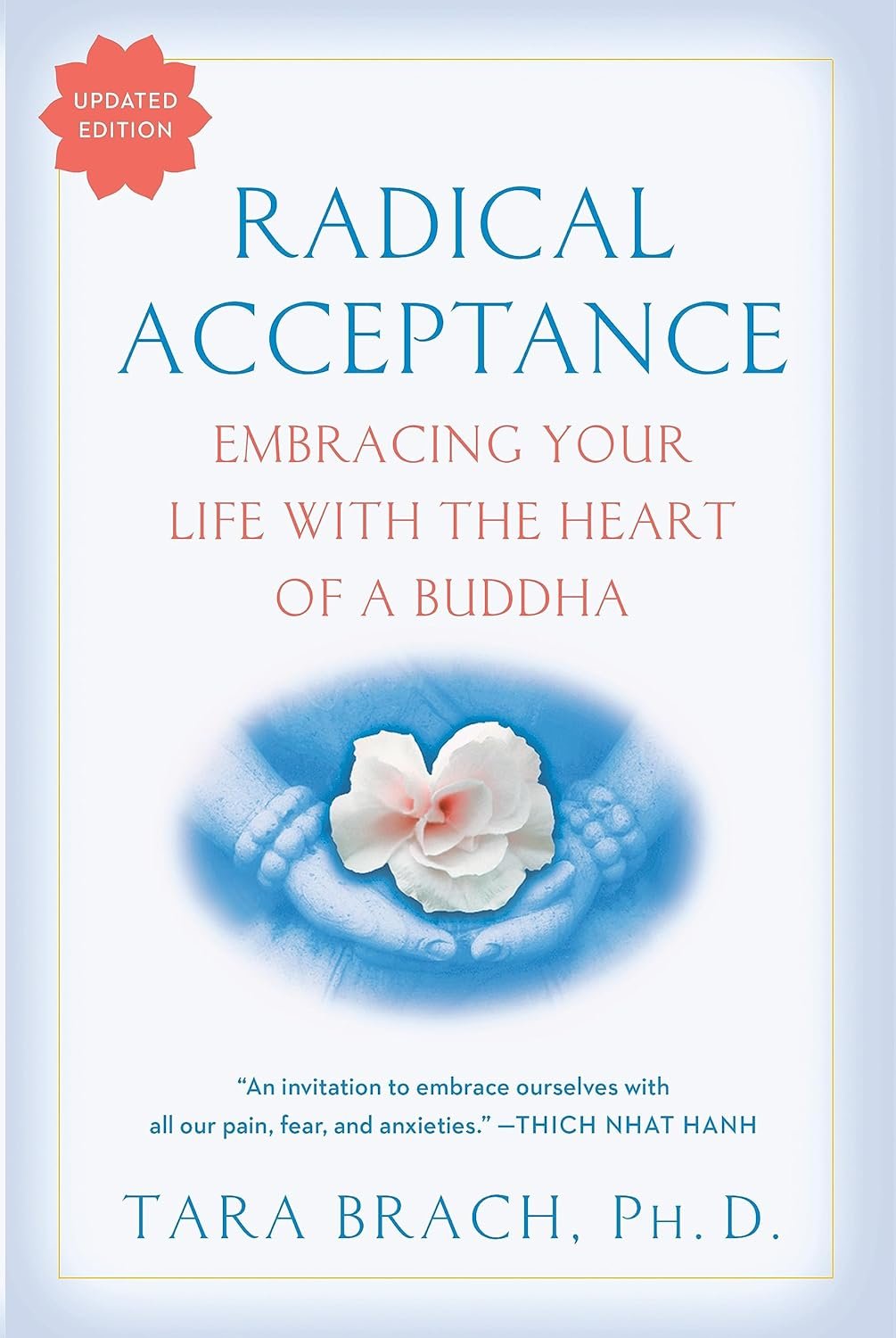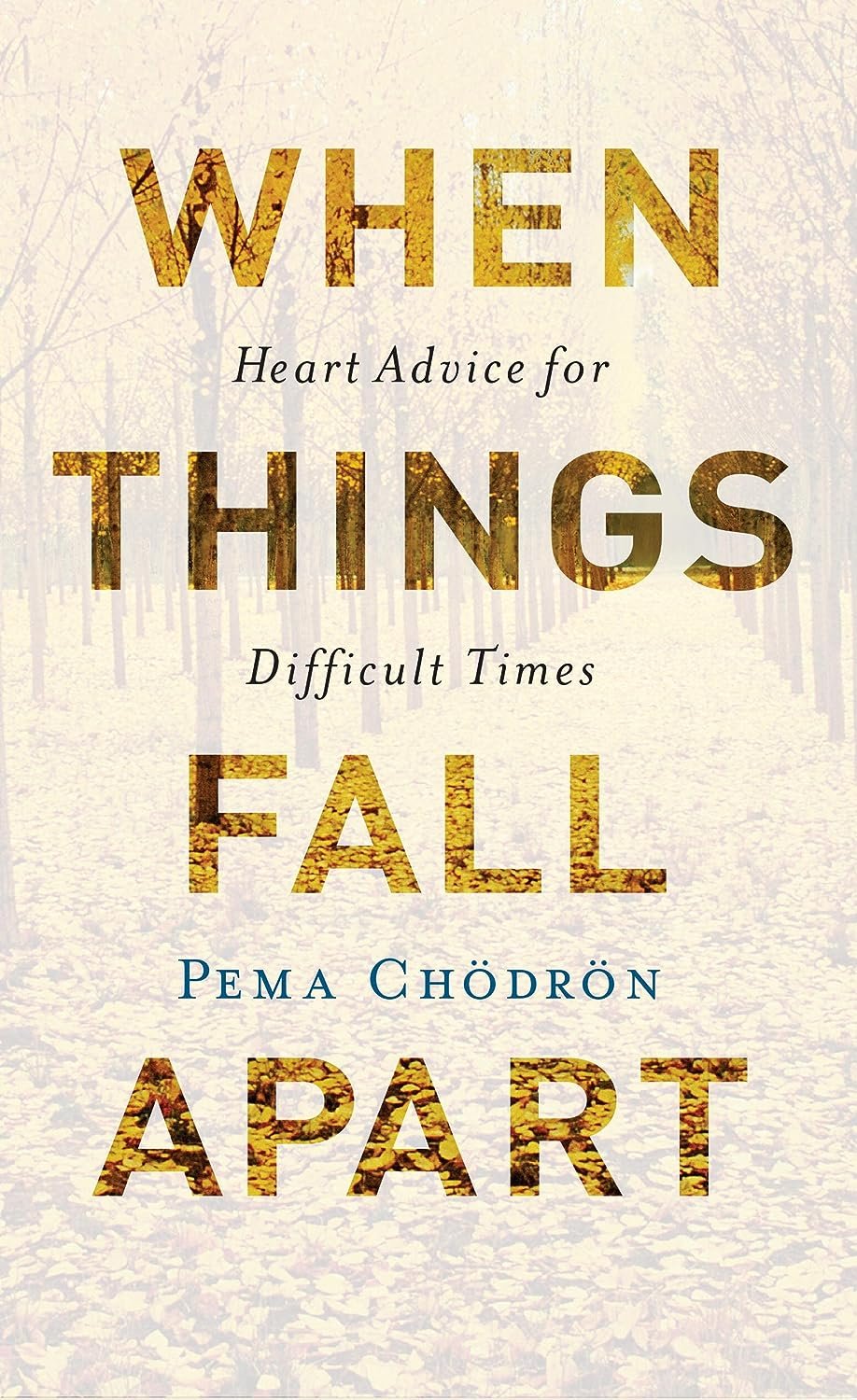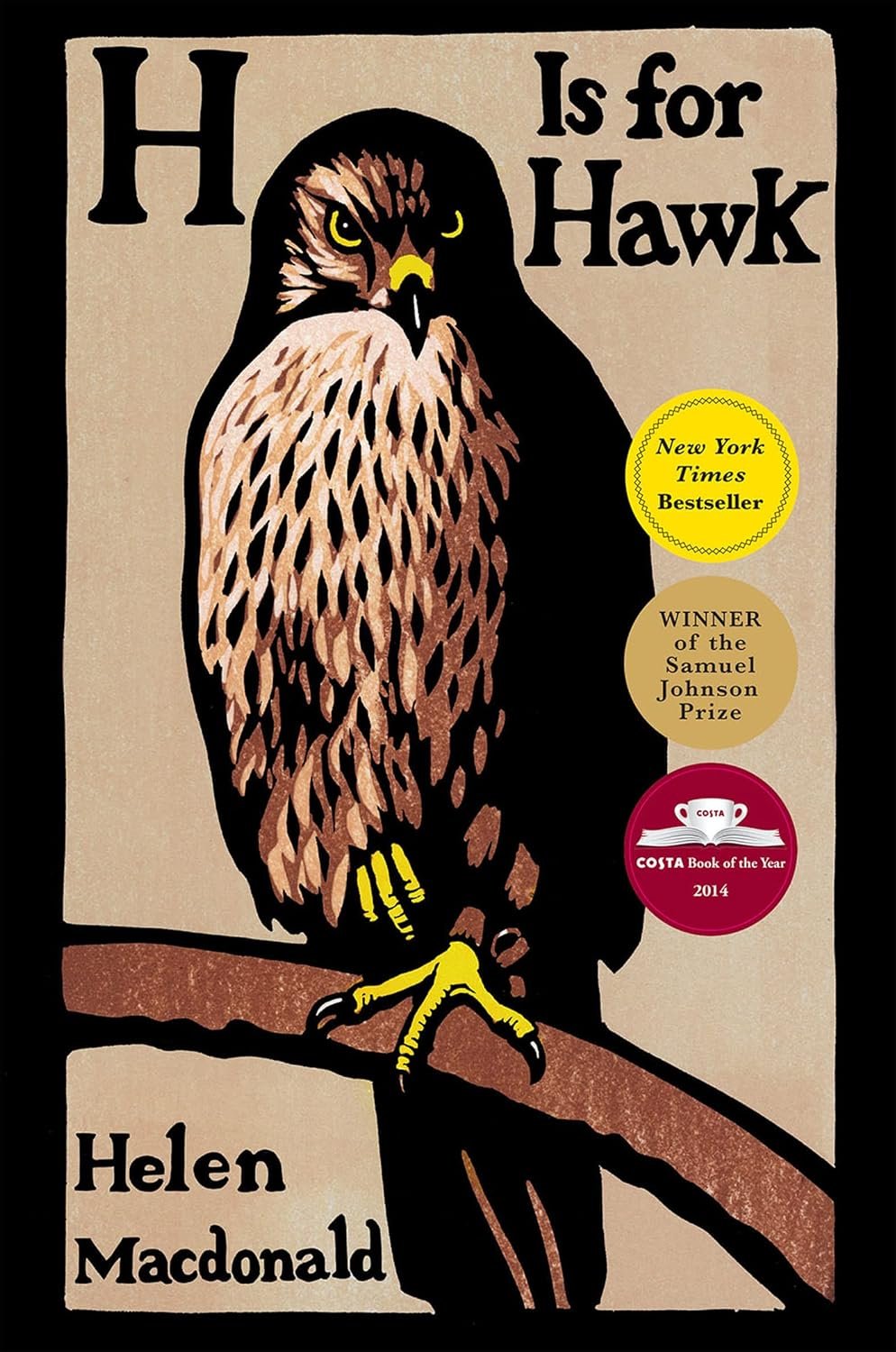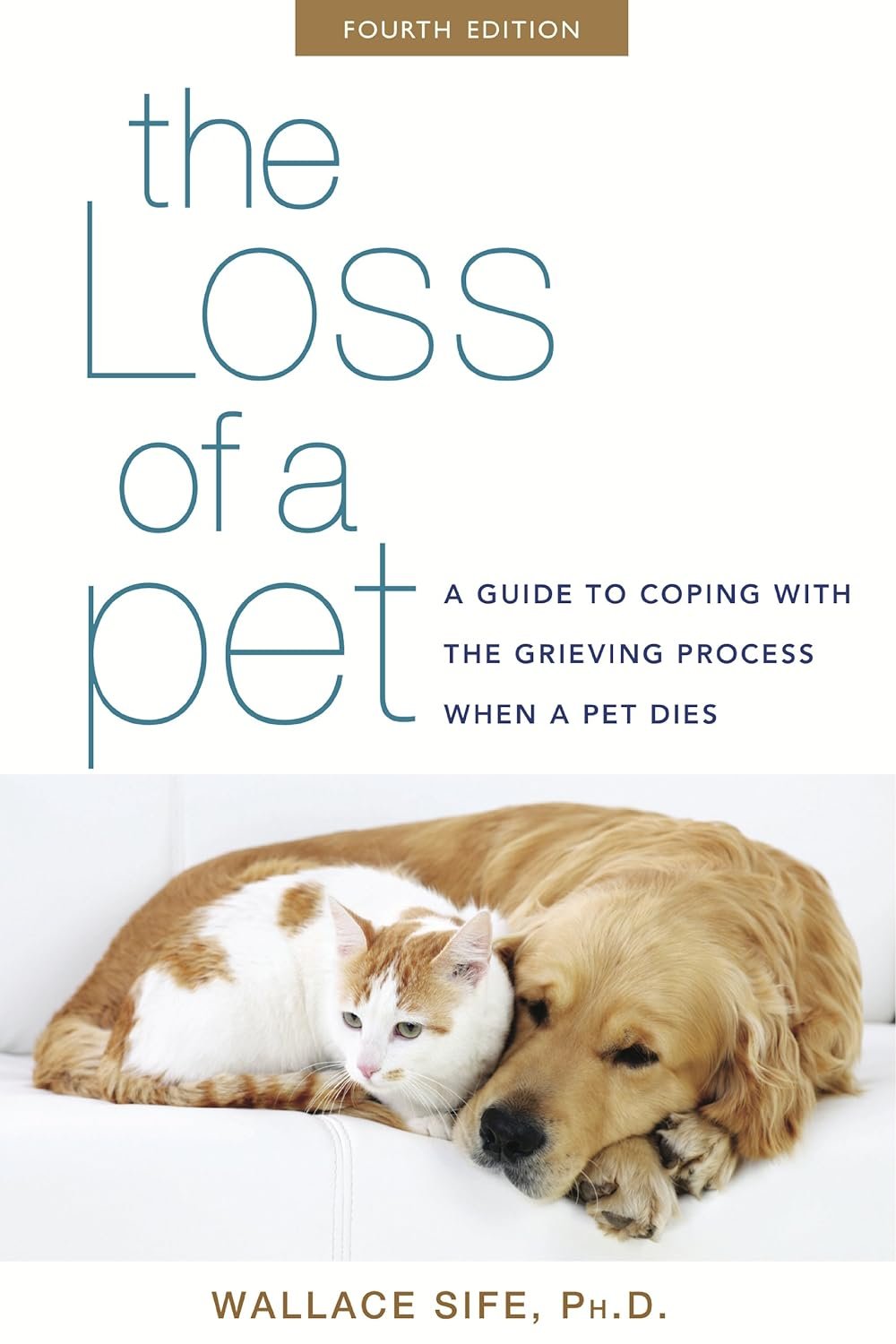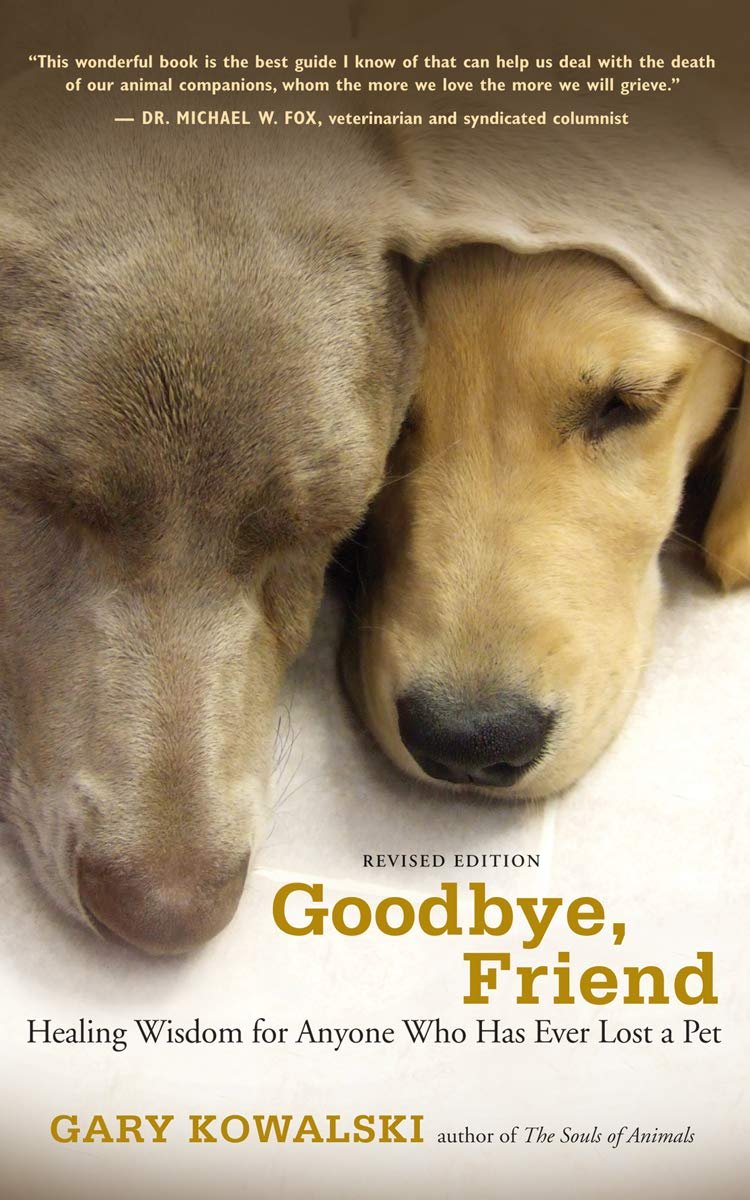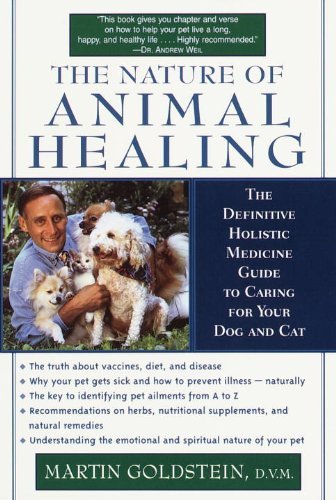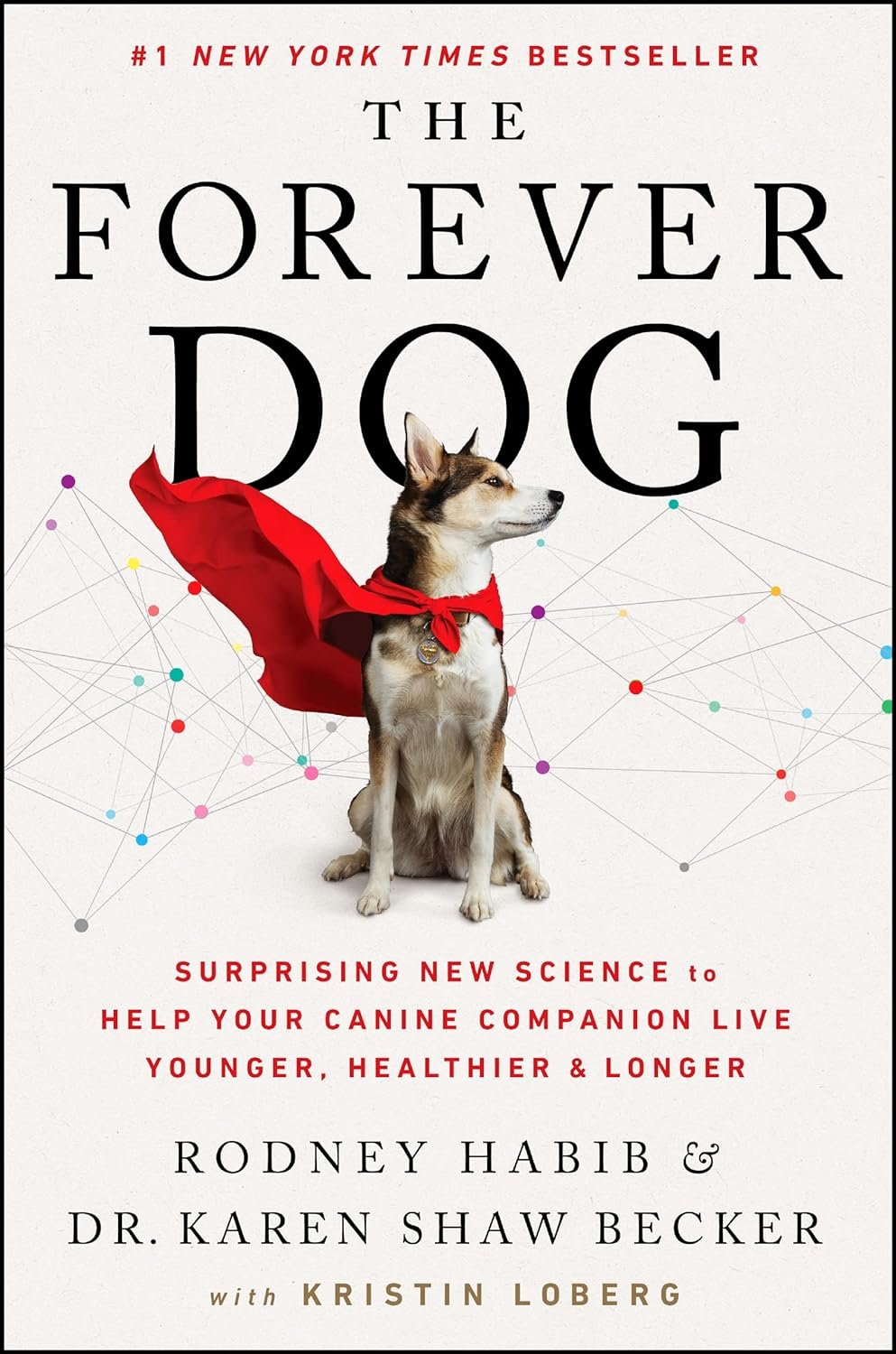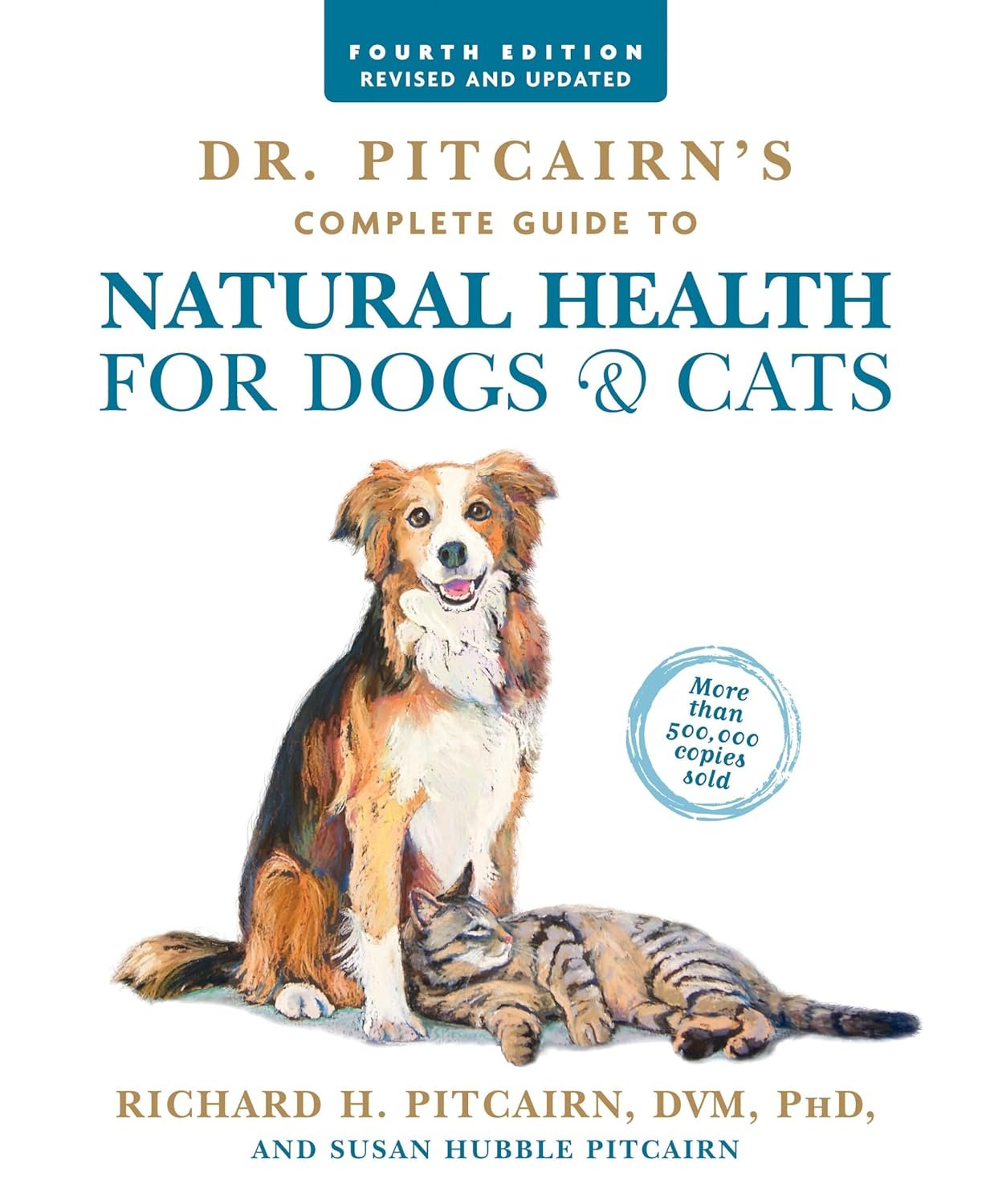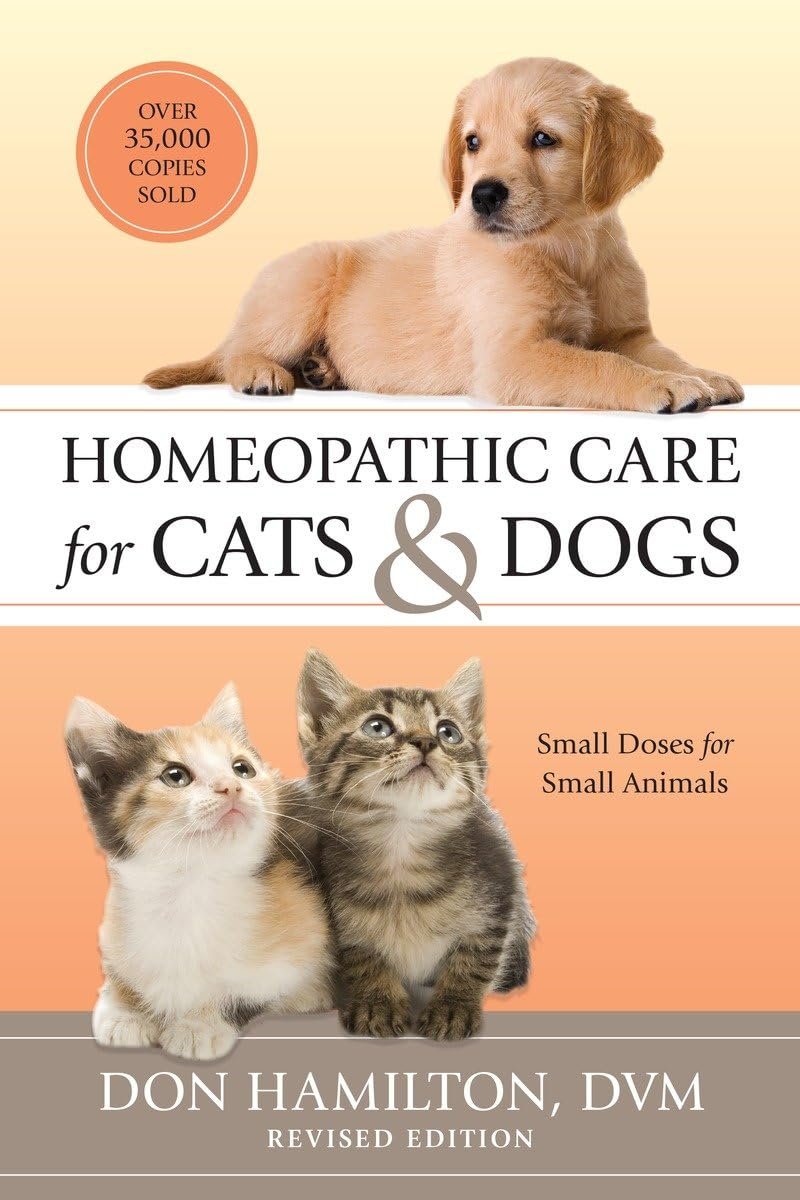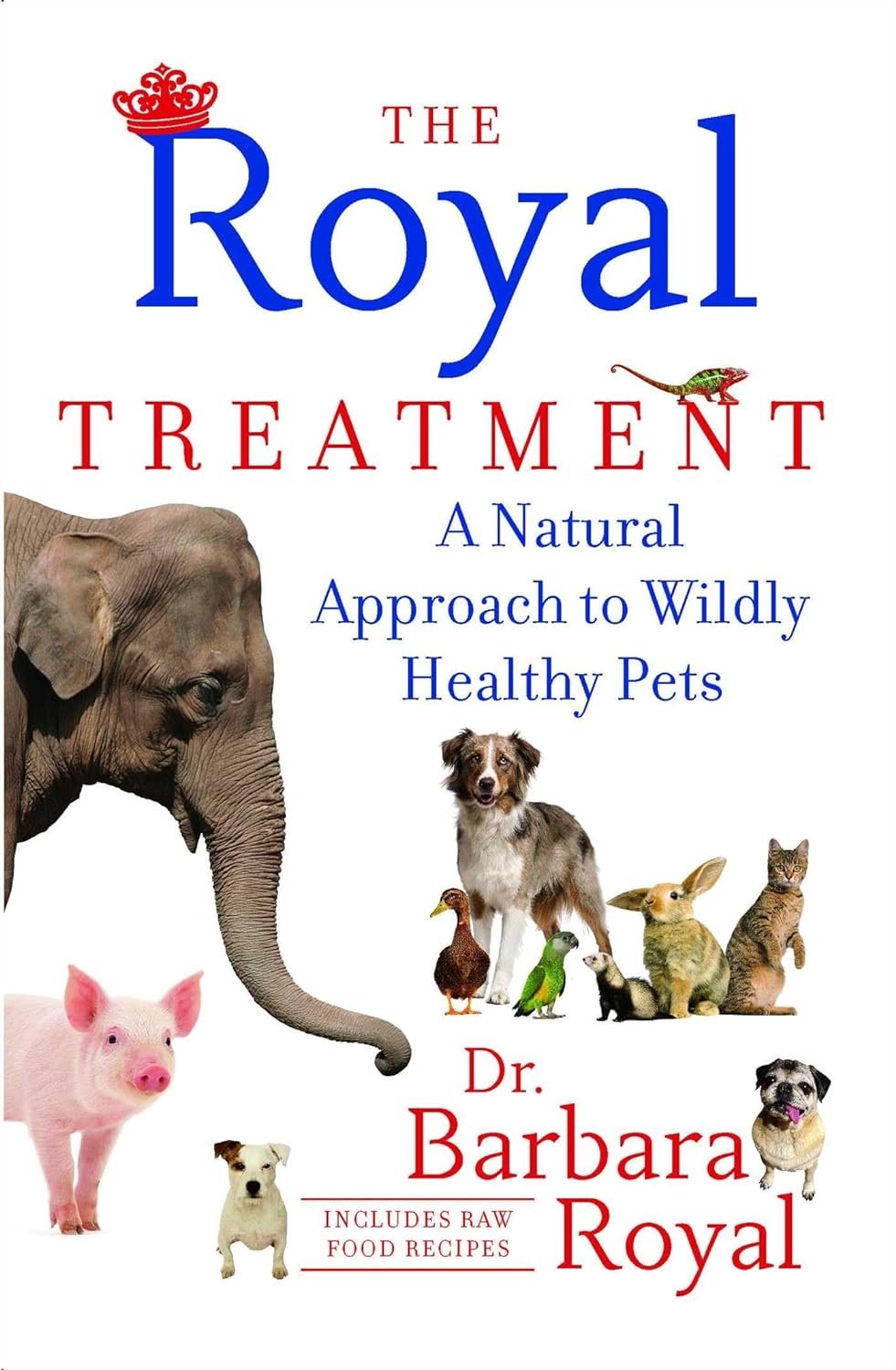Literary Recommendations
Reading is my saving grace. In times of happiness and heartbreak, I turn to the written word; books are some of my dearest friends. Included here is a living list of select texts I hope will help you cope, too.
Books
Articles + Essays
Poems

For when you’re in the grip of grief
Radical Acceptance: Embracing Your Life with the Heart of a Buddha by Tara Brach, PhD
This book arrived on Moxy’s first birthday after he passed; it felt like a sign. It’s not an understatement for me to say this is one of the books that saved (and forever changed) my life. Tara’s a clinical psychologist and meditation teacher, and her decades of experience with both inform her work. Reading this book and following her guided insight meditations brought me back into my body, which allowed me to practice radical acceptance of what I was going through–the guilty, despairing, intrusive thoughts; the gut-wrenching, soul-draining grief; the pain and terror and suicidal ideation. It also helped me accept the sudden laughter when it arose, and the aliveness coming back into my body, without judgment. Tara (unsurprisingly a fellow animal-lover) even writes about her profound grief when losing her beloved poodle, also named Tara, in the last chapter. I find myself returning to this book, again and again, to remind myself that nothing is wrong with me, nothing is unworthy of compassion.
“Our grief is the honest recognition that this cherished life is passing. No matter what we lose, we open to the ocean of grief because we are grieving all of this fleeting life. Yet our willingness to go into the black waters of loss reveals our source, the loving awareness that is deathless.”
When Things Fall Apart: Heart Advice for Difficult Times By Pema Chödrön
Incredibly, this book arrived on the same day, along with Tara Brach’s—another sign!—although I didn’t read it until a few months later. Pema’s an American Buddhist nun as well as a prolific author and spiritual teacher, and her book not only deepened my understanding of suffering and grief (she offers similar advice and practices as Tara), but also provided a startling kind of solace: hopelessness is the basic ground. (You really have to read the book to understand this statement is not meant to be depressing.) She guides you toward embracing impermanence and refusing to place your security in anything external. I was pleasantly surprised at how truly relatable the material is–Pema uses everyday, mundane situations to illustrate what might otherwise be abstract, esoteric concepts. She expertly levels the playing field–no one is above or below anyone else, so don’t place anyone (even your most trusted spiritual teacher) on a pedestal. In addition to helping me cope with the grief of losing Mox, it’s helped me through the breakdown and loss of other relationships.
“To be fully alive, fully human, and completely awake is to be continually thrown out of the nest. To live fully is to be always in no-man’s-land, to experience each moment as completely new and fresh. To live is to be willing to die over and over again.”
The Wild Edge of Sorrow: Rituals of Renewal and the Sacred Work of Grief by Francis Weller
This book—and this individual—didn’t come into my life until almost a full two years after losing Mox, and even though part of me wishes I’d come across them much sooner, I also believe books and people come to us only when we’re ready, and before meeting Francis, I had to ripen a little more. Francis Weller is a psychotherapist and soul activist who’s been leading communal grief rituals since 1997. Everything he says feels imbued with wisdom and highly attuned compassion, pointed directly at the soul. I first heard him speak at an event in fall 2019, and found myself desperately trying to scribble every single word the man said (a rare occurrence). Since then, I’ve studied with him through multiple courses and in-person events. One of the many things I treasure in this book is how he advocates for grief as a way back to the living world, and how he outlines the five gates of grief, several of which usually get ignored but need to be addressed if we are to be restored to wholeness. While he doesn’t discuss pets specifically, everything he writes about grief is universally applicable.
“What if it is the grief of the forest registering in our bodies and psyches–the sorrow of the redwoods, voles, sorrel, ferns, owls, and deer, all those who lost their homes and lives as a result of this plunder of living beings? What if we are not separate from the world at all? It is our spiritual responsibility to acknowledge these losses. What if this is the anima mundi, the soul of the world, weeping through us?”
H Is for Hawk by Helen Macdonald
Writer Helen Macdonald’s memoir isn’t about pet grief; instead, it recounts the sudden, devastating loss of her adored father and how she reckons with her grief through training and befriending Mabel, a goshawk. Her writing is lyrical and mesmerizing—sometimes I’ll skim setting descriptions when I read certain books because they seem to go on forever, but the natural world, through Helen’s eyes, is a place of wonder. What I loved most of all about this book—apart from her insights and revelations stemming from acute grief—is how she depicts the relationship between herself and Mabel. It’s a close bond, forged from intense attention, patience, and dedication, held together by trust (I take a deeper dive on this topic here). Any human who has experienced a meaningful connection with an animal will see themselves in this relationship–it speaks to the ties that bind all of us, the human and the more-than-human, and how we can find our place in the world even after (or because of) heartbreaking losses.
“I’d flown scores of hawks, and every step of their training was familiar to me. But while the steps were familiar, the person taking them was not. I was in ruins. Some deep part of me was trying to rebuild itself, and its model was right there on my fist. The hawk was everything I wanted to be: solitary, self-possessed, free from grief, and numb to the hurts of human life. I was turning into a hawk.”

For when you need pet loss–specific coping advice
Note: In the earliest days following Moxy’s death, I couldn’t find any helpful pet-loss-specific material. These books didn’t make their way into my awareness until years into my grieving process, when I was already through the worst of it. But there are elements of each that could be useful, especially if you could use some extra validation.
The Loss of a Pet: A Guide to Coping with the Grieving Process When a Pet Dies by Wallace Sife, PhD
Psychotherapist Wallace Sife was so affected by the death of his precious mini dachshund, Edel Meister, that he changed his career, published this book and founded the Association for Pet Loss and Bereavement (APLB)—so sweet. What I like about his material is how comprehensive it is: he provides context for how and why our bonds with animals develop—and most importantly—actively validates, supports, and empathizes with forming these bonds. For this reason alone, the book is worth reading. He also writes about the pet losses we can experience outside of death owing to divorce, disappearance, housing regulations, etc., and gives a good deal of practical advice around grief stages, making final decisions, and helping children cope with the loss of their beyond-human family member. Being this comprehensive, however, means there are several topics on which he skims the surface, and I disagree with some of his viewpoints, which can sometimes be narrow and short-sighted. Also, the resources Wallace lists are now outdated. Still, for being written in the early ‘90s, this guy was ahead of the curve.
“It has often been noted that pets can be truer friends than others of our own species. They are never critical, and therefore allow us to blossom emotionally in ways that would not be possible with fellow humans….Our bonds with beloved pets are in many ways stronger, purer, and far more intimate...”
Goodbye, Friend: Healing Wisdom for Anyone Who Has Ever Lost a Pet by Gary Kowalski
Unitarian Universalist Reverend Gary Kowalski’s book covers a lot less ground than Wallace’s, but what he lacks in quantity, he makes up for in quality. You can tell there’s a lot of feeling, a lot of warmth, behind his words as he reflects on our unique relationships with animals and why their loss hits us so hard. A few things I really appreciated: (1) he’s (perhaps unsurprisingly) open-minded about the spiritual nature of pets and our interconnection, and includes many examples of uncanny encounters between pet parents and their deceased little ones; (2) he offers some suggestions for creating your own ceremony; and (3) there are lovely quotes and poems a-plenty for folks who derive comfort from literature (as I do). It’s the kind of heartfelt book I’d keep and gift to a grieving friend.
“The same stream flows in everyone. My old, stiff-legged dog is not the same as the romping puppy I learned to love all those years ago, though he seems no less beautiful to me. My adopted son is not the same as my biological daughter, yet I see something of myself reflected in both of them. In each child and every creature, there is a presence that awakens what is most tender and ardent in ourselves.”
The Pet Loss Companion by Ken Dolan-Del Vecchio and Nancy Saxton-Lopez
A bit of a blend of both Wallace and Gary’s books, consider this thin volume a really high-level overview of pet grief and how to cope. Ken and Nancy are both animal-loving, practicing therapists with decades of experience leading pet loss support groups, so there are some practical approaches here that echo Wallace, with some spiritual aspects (like mysterious afterlife visits) that echo Gary. However, it has a more modern, down-home feel, perhaps because the material they’ve gathered is largely from their group sessions (e.g., common things people say and worry about when it comes to pet loss), which has collective wisdom and value. In particular, I like how they included a sample group session dialog at the end of the book, so you can get a sense of how something like that might go.
“While an intimate bond exists to a greater or lesser extent between most pets and their guardians, sometimes the connection rises to an even higher level. Many pet guardians bond with one or more of their pets in a manner that feels extraordinary…When Phoebe [one of Ken’s cats] died, a piece of me went along with her. Nothing had prepared me for the depth of sadness that followed her passing.”

For when you want to improve your pet’s health
Note: The books in this category are specifically for taking care of dogs and cats–I’ve only ever had dogs (thus far) and therefore can’t speak to health guides for other animals. However, no matter what species your pet is, I highly recommend researching holistic, integrative medicine and alternative healthcare practices to supplement their basic veterinary care. Just like humans, having a well-rounded healthcare plan offers your little one their best chance to live a longer, higher-quality life.
The Nature of Animal Healing: The Definitive Holistic Medicine Guide to Caring for Your Dog and Cat by Martin Goldstein, DVM
I wasn’t proactive about Moxy’s health until he got sick, mainly because he was so healthy until he wasn’t. This was the first book I bought when I started down the integrative veterinary medicine rabbit hole. Martin Goldstein has been at the forefront of the holistic healthcare movement for pets for decades, long before it was in vogue. (And FYI: Oprah consulted him for one of her precious dogs, Sophie; my logic is, if you have unlimited resources at your disposal and your dogs mean more to you than anything, you would only bother with the top veterinarians.) He covers a lot of ground here, outlining the most common diseases and their cause, as well as recommended treatment plans and supplements. I still purchase select supplements (some of his original recommendations are now outdated) and even continued to use his homemade chicken and rice recipe for Teddy until it was time to modify his diet. What I love most is how clearly Dr. Marty’s care for animals shines through–you can tell he’s not looking at them like science experiments, but as sacred beings worthy of respect. Plus, he has a whole chapter on the “spiritual realm”--not something you’re likely to find in a typical veterinary book.
“All pets die. All pet spirits, I truly believe, fly free when they do, into a sphere we can’t begin to understand or perceive; in time they reappear in other newborn pets. And if we, as the stewards of our newborn pets, can feed them well and care for them holistically, we can ease their journey through this next life, as they, with their utter delight in our world, ease ours.”
The Spirit of Animal Healing: An Integrative Medicine Guide to a Higher State of Well-being by Martin Goldstein, DVM
Because Dr. Marty’s work had been so helpful for me in keeping Mox as healthy as possible as we prepared for Japan, I snapped up this book when it came out a couple years ago. It’s largely an update of his first book, covering how far the veterinary industry has come in the last 20 years, and how far it still has to go. He highlights standard vet practices that can potentially harm pets, as well as modern therapies (e.g., high-dose Vitamin C, stem cell therapy, etc.) proving beneficial, and–as always–has much to say about optimum nutrition. If I could go back in time, I’d have had both of these books back at the very beginning of my dog mom journey.
“First, if I’ve learned anything in my more than forty-five years of veterinary practice, it’s that each dog, each cat is an individual. Like snowflakes, no two are alike. What’s good for one dog might not be so good for another–even of the same breed or litter….That’s why, throughout this book, I impress upon you the need to find the best integrative veterinarian you can, then allow that doctor to get to know your animal companions well. This is how you can be assured they will get the best care possible, perfectly tailored to their unique physiology and needs.”
The Forever Dog by Rodney Habib and Dr. Karen Shaw Becker (with Kristin Loberg)
Part of me thought I was nuts for how closely I tracked Moxy’s health and researched everything I could to improve it–but geez louise, these guys make me look like a slacker. Rodney Habib, founder of Planet Paws, a wildly popular pet health page on Facebook, and Dr. Karen Shaw Becker, a renowned integrative wellness veterinarian, partnered to write this valuable book and create the Paws for Change Foundation, an organization dedicated to advancing veterinary research for promoting animal longevity. They’re clearly passionate about educating and empowering us to seriously level-up how we take care of our pets. Yes, as the title states, this book focuses only on dogs, and it’s another one I wish had been published 15 years ago–or even in 2016 (it would’ve saved me a lot of time). The depth of information presented here is impressive–it’s chock-full of science-backed research (particularly around optimum nutrition), and it’s all devoted to keeping our furry best friends happy, healthy, and with us for as long as possible, in the best condition possible. Another thing I love? Rodney was inspired to compile these resources after the sudden loss of his two beloved dogs, Reggie and Sam–yet another poignant example of how profound grief can change a person and be alchemized into something beautiful for the world. I mean it when I say every dog parent should own this book.
“Losing Reggie and Sam stopped Rodney’s life, as death has the power to do. Irreplaceable loss doesn’t just knock you off course and bring you to your knees, it makes you not want to continue. The grief is especially difficult if the loss was unexpected or premature. But loss is loss. Grief counselors and therapists acknowledge the loss of a beloved animal companion can be equal to the loss of a human.”
Dr. Pitcairn’s Complete Guide to Natural Health for Dogs and Cats by Richard H. Pitcairn, DVM, PHD and Susan Hubble Pitcairn
I’m pretty sure I’ve seen this foundational book included on every holistic veterinary medicine recommendation list I’ve come across, and with good reason. The first edition came out decades ago, and it continues to be revised and updated (I have the third edition). While the writing might sound a bit like your grandpa at times (there’s actually a phrase “cleanliness is next to healthfulness” in here), there’s a ton of useful tips and information. Not only does he specify certain needs according to different breeds and species, he also provides a generous quick reference section on all sorts of diseases and ailments, along with recommended homeopathic remedies and treatments. Before I’ve bought new supplements for Teddy (since I didn’t have this book with Mox), I’ll check the ingredients against Dr. Pitcairn’s suggestions to see how they lined up. And usually, they do. FYI: Hawthorn berries are ideal for heart disease.
“A pet’s death can be a complex thing. All sorts of emotions can arise, including sadness, anger, depression, disappointment, and fear. With people for whom the relationship is especially important–such as a single person, a childless couple, or an only child for whom the animal has been a best friend–the grief may be that much greater….Another problem is that it is not socially acceptable to mourn openly over an animal, although the grief may be just as real as if you had lost any other family member.”
Homeopathic Care for Cats and Dogs: Small Doses for Small Animals by Don Hamilton, DVM
The author, Dr. Don Hamilton, actually studied homeopathic veterinary care with Dr. Pitcairn, so I consider this book to be a nice supplement—he covers similar ground, but goes a little more in depth with certain medical issues and offers additional potential remedies. It’s thorough, organized well, and provides food for thought regarding vaccinations. I consider any holistic or homeopathic book to be an adjunct for conventional veterinary care, not a complete substitute; both have their place (and Dr. Hamilton acknowledges this, as well). If you’re interested in going this route, I’d recommend starting as soon as possible—homeopathic treatments can often take longer to see results (although your pet might be better off in the long run), and can help mitigate damage from traditional medication. I like having both books to cross-check supplements.
“Any time there is a loss, companion animals may suffer from grief in the same manner we do. This is especially true with the death of a family member, whether human or nonhuman….The most important homeopathic remedy for immediate effects of grief is Ignatia….It will not block the experience of grief, but it can lighten the load somewhat and allow the individual (two- or four-legged) to accept and integrate the changes in his life.”
The Royal Treatment: A Natural Approach to Wildly Healthy Pets by Dr. Barbara Royal
Another integrative vet with an Oprah affiliation, Dr. Barbara Royal spent years working with wild animals, both in zoos and their natural habitats. And it’s this unique perspective that informs her book, taking into account your pet’s evolutionary biology when supporting their health. I appreciate how she uses relevant wild and domestic animal stories to illustrate her points, as well as includes tender personal stories about her own dog, Tundra. While this book is like a hybrid of Forever Dog and Dr. Pitcairn’s Guide, providing functional food recipes (including raw) and holistic remedies, among other similarities, plus a whole section on rejuvenating older pets, what I found most powerful was her own account of saying goodbye to Tundra, her soul dog. It turns out she had to perform euthanasia herself (so unbelievably difficult), and even as a seasoned vet, she still had fears and doubts, and wondered if she was doing the right thing. All too relatable.
“Our love of animals rejuvenates us every day. Perhaps the ancestry of our pets resonates with the wild that remains in us. Reminding us of the animal way we were born, tumbling into the world; of the way our untamed heart beats as we run with our dogs, of the way we fall asleep with our cat nestled in the crook of our arm or our dog warming our back, and of the uncharted unknown that awaits us when we are finished on this earth.”

For when you need language for your soul
Dog Songs: Poems by Mary Oliver
Mary Oliver is absolutely one of my favorite poets (and that was before finding out she was an animal-loving kindred spirit). I quote her often on this site; I frequently send her poems to loved ones. One of her poems, “In Blackwater Woods,” was part of my eulogy for Moxy. If you are a dog lover, this book should have pride of place on your bookshelf. If you’re friends with dog lovers, this book should be your next gift. She somehow elevates the everyday moments we might be tempted to overlook with our darlings, and captures the essence of our sorrow and grief when we’re parted from them. Ah, so special.
“But I want to extol not the sweetness nor the placidity of the dog, but the wilderness out of which he cannot step entirely, and from which we benefit. For wilderness is our first home too, and in our wild ride into modernity with all its concerns and problems we need also all the good attachments to that origin that we can keep or restore.”
The Art of Losing: Poems of Grief and Healing Edited by Kevin Young
After his father suddenly died, editor Kevin Young went looking for “poetry of necessity,” a contemporary collection of poems focused specifically on the layered nature of grief and mourning. Finding none, he created this collection himself. I particularly love how he chose to organize these elegies, which is sort of a modulated grief arc, an updated interpretation of Elisabeth Kübler-Ross’s infamous (and frequently misunderstood) grief stages: reckoning, regret, remembrance, ritual, recovery, and redemption. Some of the best modern elegies of the twentieth century are included in this remarkable volume (you’ll likely recognize the W.H. Auden, Robert Frost, and Elizabeth Bishop inclusions). This was the first book of poems I bought for myself after losing Mox, and because of how much ground it covers, I’ve also given it as a gift to loved ones in the midst of grief (not just pet-related).
“Surviving any death can carry its own guilt. It also brings on a slew of clichés, often offered in lieu of sympathy, that can sometimes cause more anxiety than comfort. It is hard to know what to say. The poems here seek to avoid cliché, in order to say what needs to be said. And also to say that it is the everyday, not the epic; the unexpected, not the well-worn phrase that the modern elegy may find most comforting.”
Poetry of Presence: An Anthology of Mindfulness Poems Edited by Phyllis Cole-Dai and Ruby R. Wilson
Sometimes when reading a new book, I’ll use colored tabs to flag the sections and/or lines that speak to me especially (I abhor writing in books—it feels sacreligious). I wasn’t even halfway through this poetry collection before I realized most of the pages were flagged. Grief, like any emotional experience, demands presence. It requires muscle to stay put and feel. The editors refer to poetry as “good medicine,” which is apt—it’s the medicine helping us stay awake, stay conscious, live deliberately. This book didn’t come to me until later in my grief journey, but once it arrived, it brought so much more light in. I credit this collection for not only deepening my healing ability, but also introducing me to several more poets who speak a language my soul recognizes.
“We cultivate mindfulness throughout our days by returning to the present moment, again and again. This allows us to actually live our lives instead of just going through the motions. The more mindful we become over time, the happier we are. Studies reveal that regular mindfulness practice reduces stress, promotes health, stimulates learning and creativity, enhances relationships, helps us face suffering and loss, and strengthens our compassion for others.”

For when you need to express your heart
The Artist’s Way: A Spiritual Path to Higher Creativity by Julia Cameron
Julia Cameron’s seminal treatise on creativity sat on my shelf for about a decade before I actually completed the full course, morning pages and all. As fate would have it, I started it in earnest two months after Japan’s events, and then continued daily morning pages for another year and a half. That writing practice, above most everything else, proved to be my saving grace. Through losing Mox, losing my long-term relationship, losing my condo and city and identity, it helped me meet myself right where I was at. And, miracle of miracles, I came to love what I found. Whether you identify as an artist or not, this book will find you when you’re ready for it.
“Anger is meant to be listened to. Anger is a voice, a shout, a plea, a demand. Anger is meant to be respected. Why? Because anger is a map. Anger shows us what our boundaries are. Anger shows us where we want to go.”
Women Who Run with the Wolves by Clarissa Pinkola Estés, PhD
Few books have been as powerfully instructive as this one for me. Just like Julia’s book, Dr. Estés’ stunning tome gathered dust for years until it was my time to read it, which incidentally was roughly four months after beginning morning pages. Drawing on myths and fairytales and Jungian depth psychology, Dr. Estés offers an instinctual map back to the pulse of life, to your own soul. I’m convinced reading this book is an initiation, which was perhaps her intention all along—to help women rediscover their essence and the Wild Woman within. It’s helped me process mighty emotions, heal from toxic relationships (and avoid them to begin with), accept the contradictory and (sometimes) destructive impulses within, and live companionably with grief (and other difficult guests). Fair warning: once you read it, you can’t go back.
“These are some good questions to ask till one decides on the song, one’s true song: What has happened to my soul-voice? What are the buried bones of my life? In what condition is my relationship to the instinctual Self? When was the last time I ran free? How do I make life come alive again? Where has La Loba gone to?”

For when you have school-age children who need to process their grief
Island of the Blue Dolphins by Scott O’Dell
Gorgeous and unsparing, the story of Karana, a young indigenous girl who lives by herself on an island for years with only the company of the wild dog, Rontu, is a masterful introduction to grief. How she moves through losing her family, her tribe, and eventually Rontu, while fighting to survive is the portrait of presence and perseverance. Karana’s journey of healing and self-discovery helps you believe you can survive the worst things life has to offer, too. (Ages 8-12)
“Ulape would have laughed at me, and others would have laughed, too—my father most of all. Yet this is the way I felt about the animals who had become my friends and those who were not, but in time could be. If Ulape and my father had come back and laughed, and all the others had come back and laughed, still I would have felt the same way, for animals and birds are like people, too, though they do not talk the same or do the same things.”
Charlotte’s Web by E.B. White
Few friendships are as enduring or well-known as Wilbur and Charlotte’s, but in case your child has yet to be introduced to the unusual pig and spider pairing, this is a tender little tale for helping orient little ones to life’s realities. It also showcases another iconic friendship—that of Wilbur and Fern, the little girl who, like Charlotte, goes to great lengths to save him from a violent end. And once you finish the book, I’d recommend watching the 1973 cartoon film version, which is chock-full of catchy songs and poignant scenes. (Ages 7-10)
“Wilbur never forgot Charlotte. Although he loved her children and grandchildren dearly, none of the new spiders ever quite took her place in his heart. She was in a class by herself. It is not often that someone comes along who is a true friend and a good writer. Charlotte was both.”
The Fledgling by Jane Langton
Another unusual pairing, Jane Langton’s fantastical tale of a goose befriending and teaching a little girl (Georgie) to fly is pure magic. Set in Thoreau’s infamous Walden Pond, she manages to capture the liminal space between childhood and young adulthood, when the ability to fly is just as possible as the ability to write. The devastating end to the Goose Prince and how Georgie finds meaning afterward might help a young reader likewise find their way forward after losing a cherished animal friend.
“It wasn’t flying really. It was a kind of elegant slow falling from the very top of the sky. The Goose Prince would carry Georgie high over the pond until it was only a small irregular patch of light far below them, until the world was spread out wide all around and Georgie could see flashing beacons and lighted tankers far out to sea. And then she would slip off and drift downward in long gliding flights, floating on the wind, buoyed by feathery streamers of air.”
(Ages 8-12)

For when you want to understand your grief
Articles + Essays
‘Disenfranchised grief’ is the type of loss we don’t talk about enough
I’m a grief therapist. Here are the top five myths about grieving and loss.
The psychology of grief: Why losing a pet dog or cat is like losing a family member
Grief can take us to the darkest of places - why don’t we take it seriously?

For when you need to see you’re not alone
Articles + Essays
A woman’s dog died, and doctors say her heart literally broke
My dog’s death tore me up – the grief hit differently than when my mother and sister died
‘I miss Bella’: How a woman in hospice got to say goodbye to her horse
I cried every day for six months when my sausage dog Dougie died
Lizzy comforted me through cancer. She died five years ago - and I struggled to say goodbye
My pets have stolen my heart again and again. I know I’m not alone.
What is a dog, then? On the unbearable death of my dog, Polly
How far would you go to save your cat? For me, it started with a contraband drug
Mourning Your Pet Like You’re Grieving a Person Is Totally Normal
My dog died two months ago. Pet loss causes deep grief that our society ignores.
I spent £2,000 on Ruby the guinea pig’s hysterectomy - and I don’t regret a penny

For when you must take care of yourself

For when it’s time to say goodbye

For when your love and grief inspire meaningful action
Articles + Essays

For when you need proof that animals grieve, too
Articles + Essays
Do Pets Grieve, Too? Experts Explain How to Help Them Through Loss.
A swan kept walking into traffic after his mate died. Neighbors saved him.
Grieving mother orca carries dead calf for more than a week, over hundreds of miles
A bear cub was killed by a car. Its mother mourned by its side, a park ranger says.

For when your love extends to all animals

For when you can’t find the words
Poems
A Touch of Moxy participates in various affiliate programs, so whenever you buy a product from one of the links provided here, we may receive a tiny fraction of its price, which goes straight back to supporting pets and pet parents, as well as the environment. Thank you kindly for your support!



